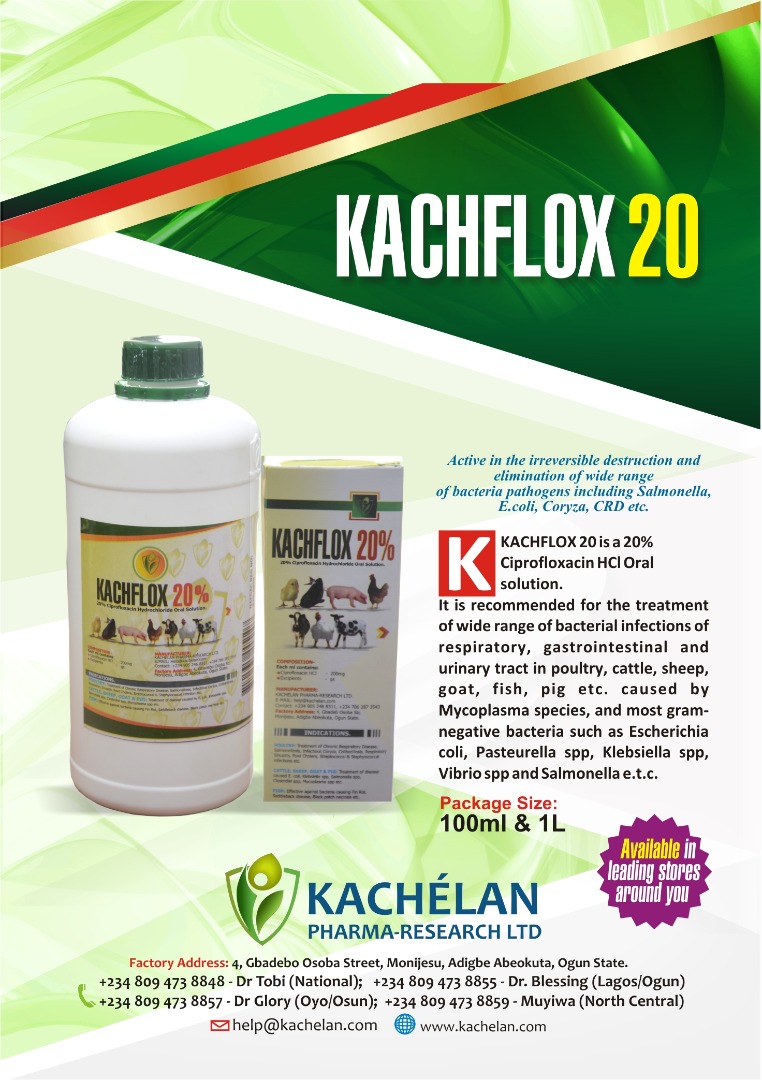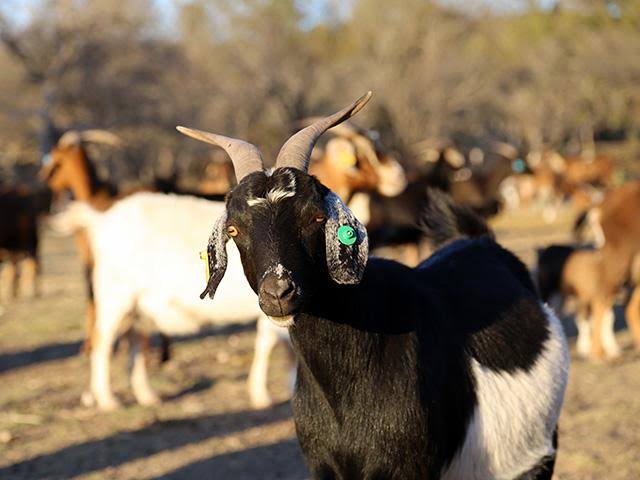🔥E- book offer of the day: 👉👉 Poultry Farming Business Report Volume 2
6 important things to know about livestock care
There are many reasons why a lot of individuals and farmers are interested in livestock care.
 Learn More
Learn MoreAlbeit there is a lot of misinformation out there that has led quite a number of people to question whether livestock care is important leaving the bulk of the work to farmers.
The good news is that consumers are becoming more curious about how their meat gets to their table and how animals are being cared for.
Caring for animals
Myth: Farmers do not care about their animals.
Invest in this knowledge-packed ebook promptly 👉👉 39 fundamentals for poultry broiler production management
Fact: Farmers are constantly working to ensure their animals are content and healthy by providing them with the best care available.

Truth: When it comes to caring for animals, farmers take their responsibility very seriously – and they genuinely enjoy it. Not only is providing animals with proper care the right thing to do, but it is also a good business practice since comfortable and healthy animals are more productive and produce higher quality products.
Codes of Practice
Myth: There are no standards of management practice for caring for farm animals.
Fact: There are national and international regulations of management practices that outline how different animals are to be raised and cared for on farms.
Truth: Like all animal owners, farmers must follow laws for humane treatment.
These regulations have been developed in collaboration with key stakeholders, including farmers/producers, transporters, veterinarians, animal welfare and enforcement agencies, retail and food service organizations, processors, governments and researchers.
ALSO READ What to Consider before Using Wheat to replace Maize in Poultry Feed
They include requirements and recommendations on housing, feed and water, processing, and other practices.
Animal abuse
Myth: Animal abuse is rampant and unregulated.
Fact: Neglect and abuse of animals of any kind is against the law.
Truth: Animal abuse is never okay, under any circumstances. Like all animal owners, farmers and ranchers are responsible for properly and humanely caring for their animals.
Purchase this compelling ebook instantly. 👉👉 33 fundamentals for poultry layer production management
On the road
Myth: Transportation of animals causes undue pain and suffering for animals.
Fact: Animal care practices are just as crucial during transportation as on the farm.
Truth: Ensuring an animal is treated humanely doesn’t end when it leaves the farm. National & International regulations detail the rules for transporting farm animals – such as when an animal is unfit for travel, requirements for food and water, and how many animals can travel together.
Livestock housing
Myth: It is inhumane to keep animals inside barns.
Fact: Keeping certain animals in barns helps protect their health and safety.
Truth: Farmers use different housing options for different animals.
While some grazing animals, such as beef cattle, live outside year-round (with access to food and shelter), many others, like pigs and chickens, are often kept inside barns to ensure their well-being.
Having certain animals inside allows farmers to monitor each animal’s health and nutrition more easily. It also protects them from predators, diseases, and extreme weather.
ATTENTION: Click “HERE” to join our WhatsApp group and receive More updates directly on your WhatsApp!
The future of animal agriculture
Myth: There is no future for animal agriculture and that gradually it will cease to exist.
Fact: People benefit from a variety of nutritious and healthy protein choices to feed themselves and their families and will continue to do so in the future.
READ ALSO 9 profitability concepts for your poultry broiler farming business
Truth: Every day, people across the country make food choices that reflect their needs, their personal values and their cultural traditions. Livestock and animal by-products will continue to be part of that offering














